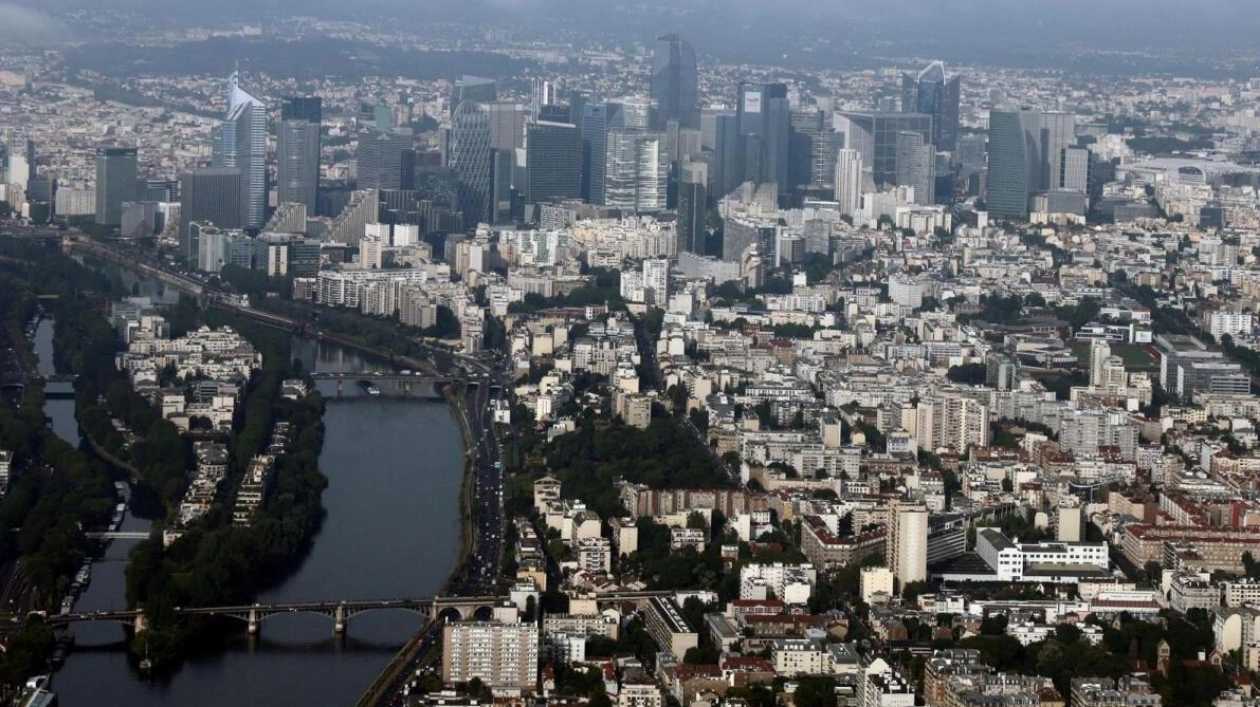Eurozone business activity experienced a significant and unexpected contraction this month, as the bloc's dominant services industry stagnated while manufacturing downturn accelerated, according to a recent survey. The downturn seemed to be widespread, with Germany, Europe's largest economy, seeing its decline deepen, and France, the currency union's second-largest economy, returning to contraction after a temporary boost from the August Olympics. This situation intensified speculation of further policy easing by the European Central Bank, causing the euro to sharply decline, on track for its largest daily fall against the dollar in over three months.
HCOB's preliminary composite eurozone Purchasing Managers' Index (PMI), compiled by S&P Global, dropped to 48.9 this month from August's 51.0, marking the first time below the 50 growth-contraction threshold since February. A Reuters poll had predicted a more modest decline to 50.5. "As the Olympic flame was extinguished, so was eurozone optimism. The August uptick in the PMI was met by a sharp decline in September. This further fuels growth concerns in the bloc as inflation worries fade," said Bert Colijn, an economist at ING. Overall demand fell at the fastest rate in eight months, with the new business index plunging to 47.2 from 49.1.
The services PMI sank to 50.5 from 52.9, falling below all expectations in the Reuters poll, which had predicted a more modest decline to 52.1. Eurozone government bond yields tumbled on the data, with yields on German debt falling the most. Germany's economy contracted 0.1% in the second quarter, and Monday's survey suggested it had extended its downturn in the third. A recession is typically defined as two consecutive quarters of contraction. "A technical recession seems to be baked in," said Cyrus de la Rubia, chief economist at Hamburg Commercial Bank, forecasting Germany's economy would shrink by 0.2% this quarter.
Despite the drop, firms increased charges at a shallower rate, with services inflation easing and the output prices index coming in at 52.0 versus August's 53.7, its lowest reading since April 2021. "The one positive development is that price pressures are easing. This will be reassuring for the ECB and perhaps raises the chance that policymakers will cut the deposit rate again in October," said Andrew Kenningham at Capital Economics. On September 12, the ECB cut interest rates again and signaled a "declining path" for borrowing costs in the months ahead as inflation slows and economic growth in the eurozone falters. The ECB should continue to gradually cut interest rates, its chief economist said last week, but may need to speed up cuts if the economy falters. Central banks around the world are easing monetary policy, with China's central bank supplying cash to its banking system for the first time in months on Monday, while the US Federal Reserve initiated an anticipated series of rate cuts last week with a larger-than-usual 50 basis point reduction.






